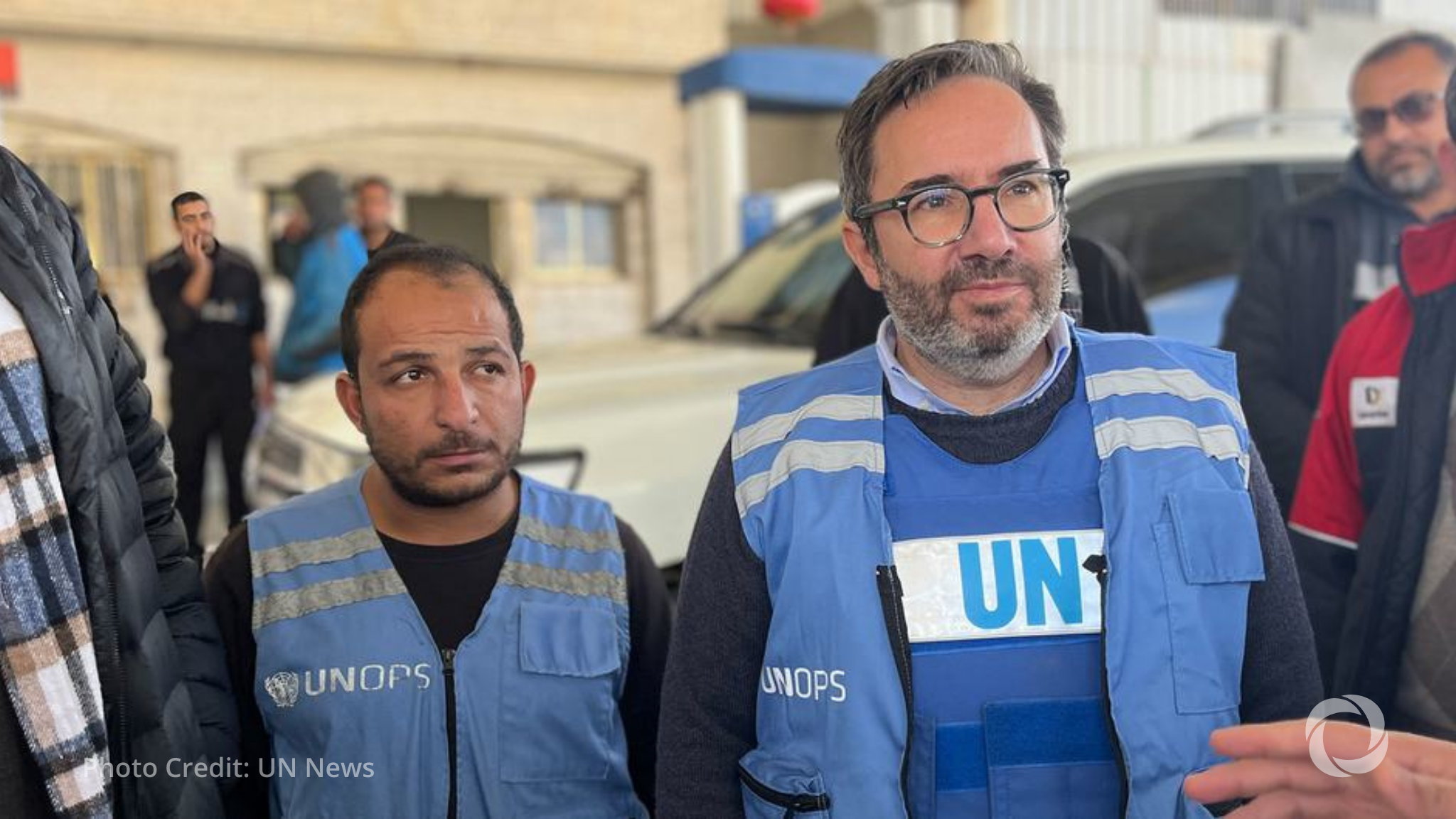Israeli forces are preparing for another major ground offensive in Gaza while new restrictions make it harder for aid groups to get supplies to desperate civilians, UN officials warned. The United Nations Office for the Coordination of Humanitarian Affairs (OCHA) said fighting between Israeli troops and Palestinian armed groups has gotten worse over the past day, with airstrikes and shelling hitting five neighborhoods in Gaza City. Aid workers expect the coming offensive to cause more mass displacement and make an already terrible situation even worse for people who’ve lost homes, family members, and access to basic necessities.
Gaza has been under siege for months, with most of its 2.3 million people displaced multiple times and facing severe shortages of food, water, and medical supplies. International aid groups have struggled to get enough assistance into the territory because of security concerns, damaged infrastructure, and Israeli restrictions. The latest fighting makes their job even more dangerous and difficult.
OCHA reported that new requirements for international NGOs are blocking many humanitarian partners from bringing in supplies they desperately need. To get registered and import materials, international aid groups must share sensitive personal information about their Palestinian employees, which often violates their home countries’ privacy laws. This puts civilian workers at risk and makes it harder for organizations to protect people they’re trying to help. Many NGOs are refusing to comply, leaving Gaza with even fewer resources. UN Secretary-General spokesperson Stéphane Dujarric said aid workers “courageously put themselves in harm’s way to keep others alive” while struggling to feed their own families.
Israel announced it will allow tents and shelter equipment into Gaza, which aid groups welcome but find troubling since it’s connected to the coming offensive. The UN and partners want private companies to step up operations and for supplies to enter through all crossings, not just selected ones. They stressed that humanitarian teams will stay in Gaza City to provide life-saving support despite the dangers.
For humanitarian workers and policy makers, this situation shows how military operations and bureaucratic restrictions can strangle aid efforts when people need help most. The timing of lifting the tent ban alongside preparations for a new offensive suggests authorities know the attack will create more displacement but aren’t doing enough to prevent civilian suffering. Aid workers face impossible choices between following new rules that compromise safety and abandoning people who depend on them. The crisis demonstrates why protecting humanitarian space matters – without it, even basic survival becomes impossible for millions of people.

